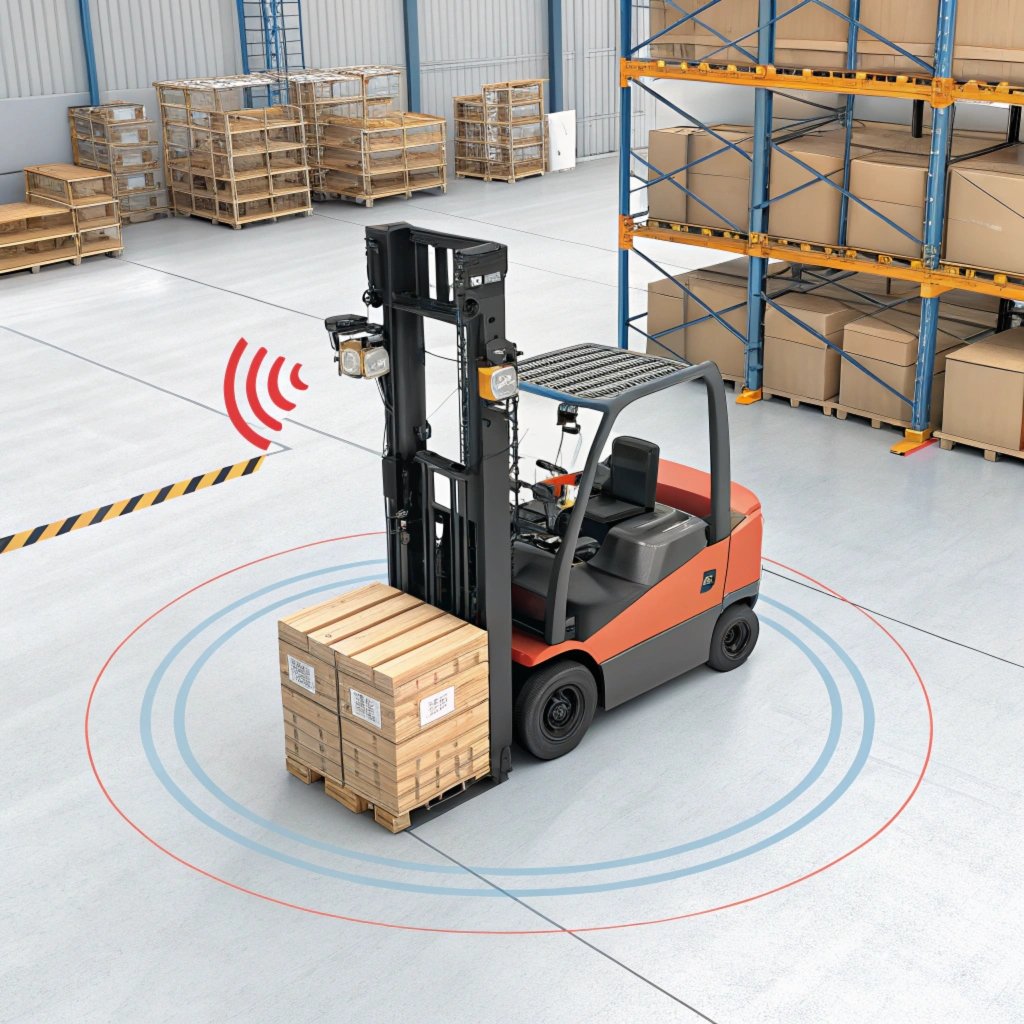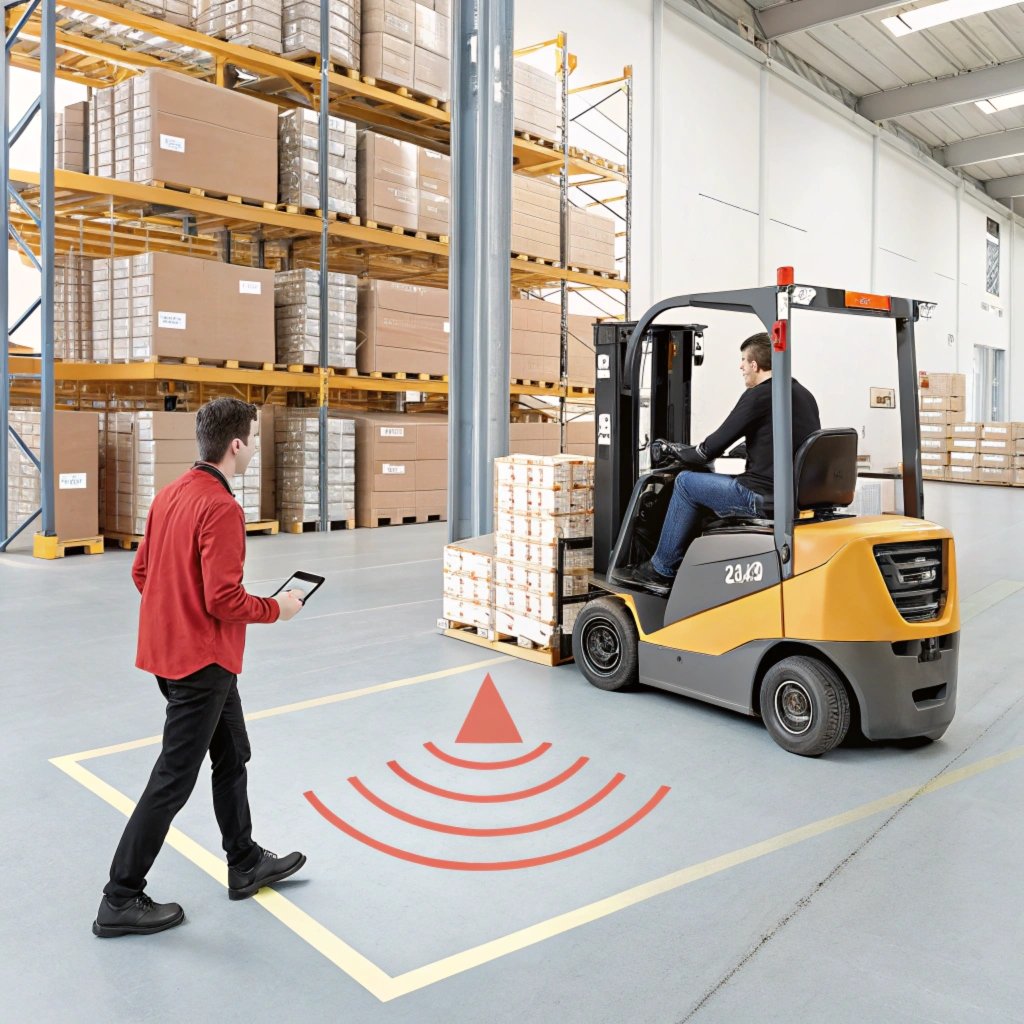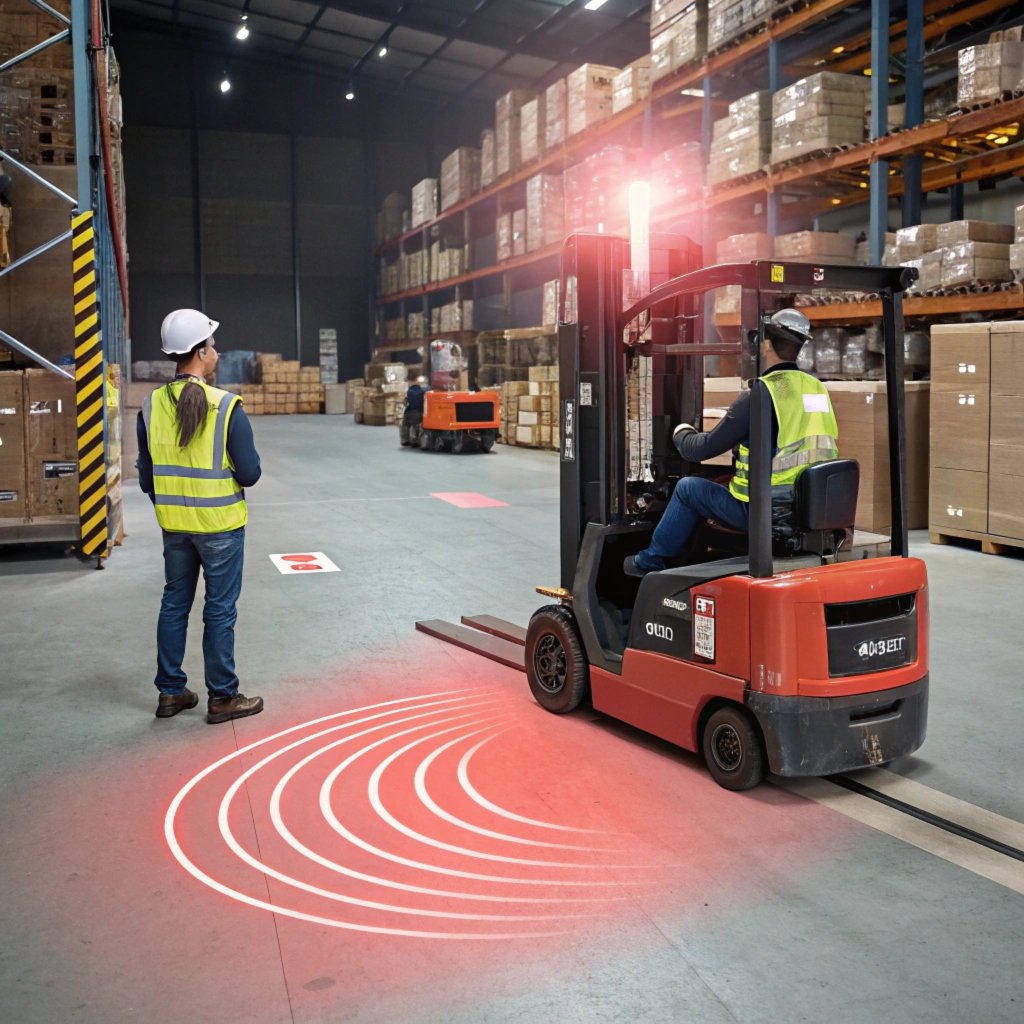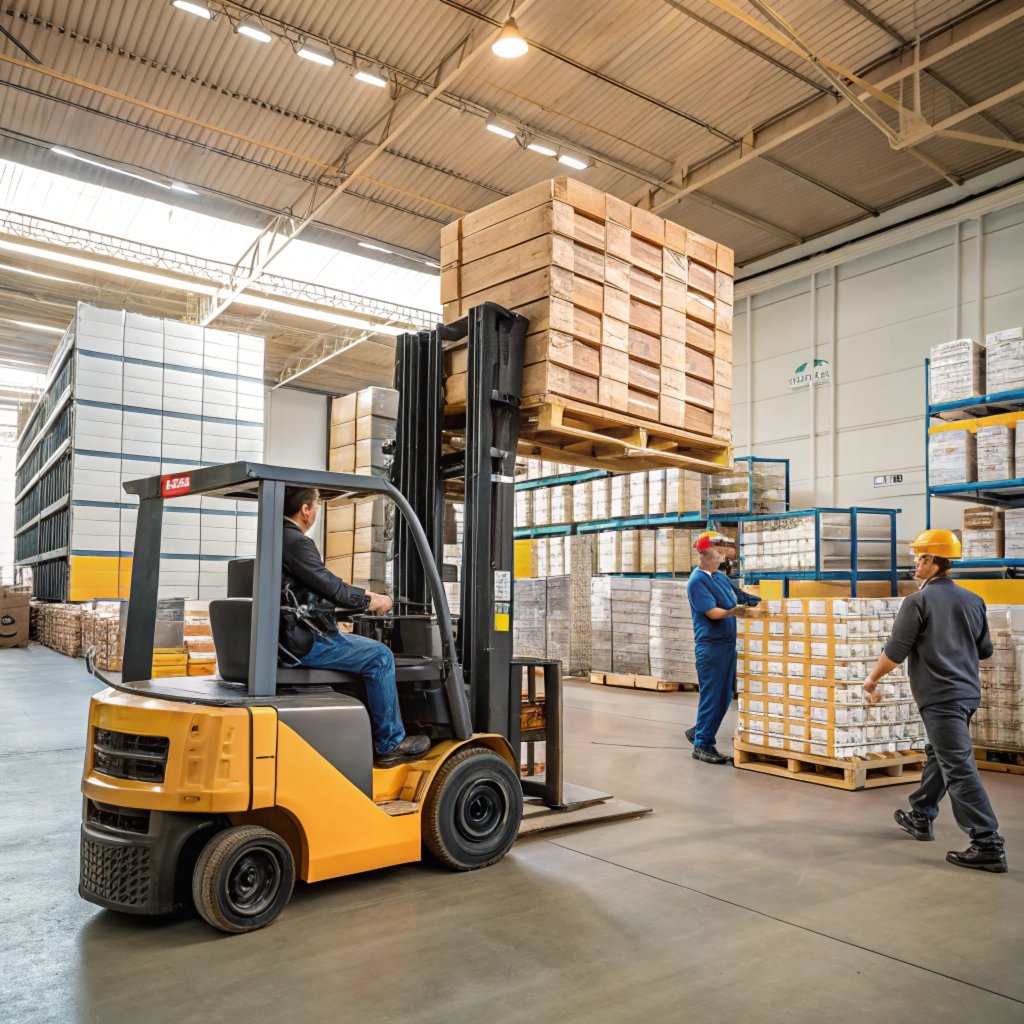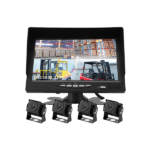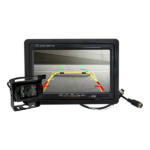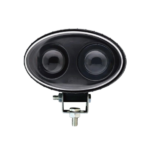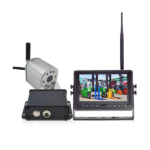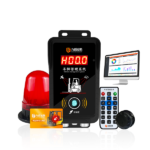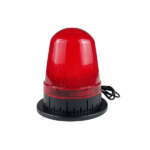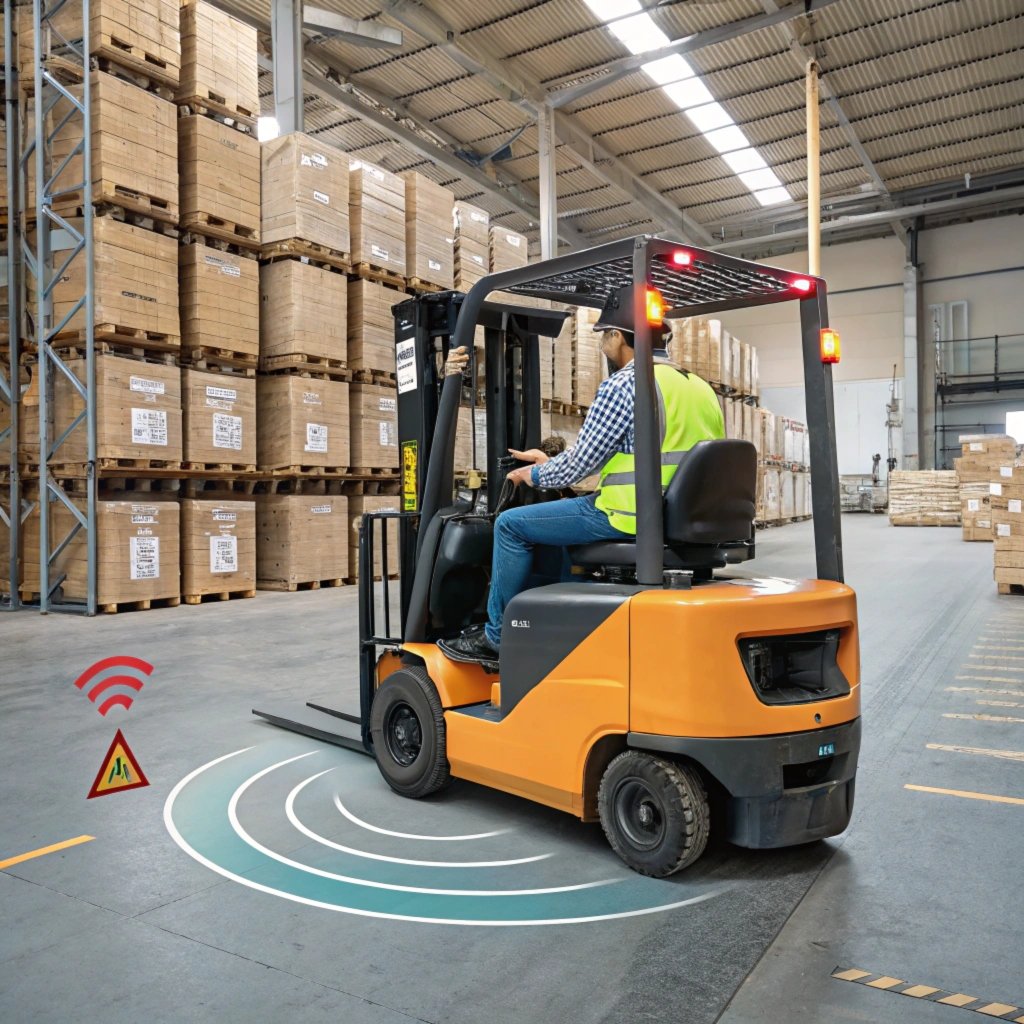Table of Contents
How Does a Forklift Anti-Collision System Work?
Imagine a warehouse where heavy machinery moves constantly, carrying tons of materials, with workers walking nearby. The potential for accidents is high, but what if technology could create an invisible safety shield around these powerful machines? That’s exactly what forklift anti-collision systems do – they’re like guardian angels for industrial workspaces.
The Invisible Safety Net
The system uses a blend of cutting-edge technologies:
1. Sensor Network: Multiple sensors are strategically placed around the forklift, creating a 360-degree awareness zone. These aren’t just simple proximity detectors – they’re advanced technologies like:
- Ultrasonic sensors that emit sound waves to detect nearby objects
- Radar systems that can “see” through dust and low visibility conditions
- LiDAR (Light Detection and Ranging) that creates precise 3D maps of the surrounding environment
2. Real-Time Processing: A powerful onboard computer processes sensor data in milliseconds. It’s constantly calculating:
- Distance to nearby objects
- Speed of the forklift
- Potential collision trajectories
- Movement patterns of other vehicles and workers
3. Intelligent Intervention: When a potential collision risk is detected, the system doesn’t just sound an alarm. It can:
- Automatically slow down the forklift
- Apply gentle braking
- Completely stop the machine
- Alert the operator through visual and audio warnings
Beyond Just Stopping Accidents
Modern anti-collision systems do more than prevent crashes. They:
- Collect valuable data about workplace movement patterns
- Help optimize warehouse layouts
- Provide insights for improving safety protocols
- Reduce insurance costs
- Lower potential workplace injury expenses
Real-World Impact
Consider these statistics:
- Forklift accidents cause approximately 85 fatal accidents annually
- Over 34,900 serious injuries occur each year in material handling environments
- An effective anti-collision system can reduce collision risks by up to 70%
Technology That Learns and Adapts
The most advanced systems now incorporate machine learning. This means the anti-collision technology continually improves, learning from each interaction and becoming smarter over time. It’s like having an AI safety supervisor constantly watching and improving workplace safety.
What Makes This Different from Other Solutions?
While many describe anti-collision systems technically, we’re focusing on the human element. It’s not just about technology – it’s about protecting workers, preventing traumatic incidents, and creating a safer work environment.
Choosing the Right System
When selecting an anti-collision system, consider:
- Compatibility with your specific forklift models
- Ease of installation
- Integration with existing warehouse management systems
- Scalability for future technological upgrades
The Future is Safety
Forklift anti-collision systems represent more than technological innovation. They symbolize a commitment to human safety, showing that technology can be a powerful tool for protecting workers.
As industries evolve, these systems will become not just an option, but a standard requirement for responsible workplace management.
Pro Tip: Always combine technological solutions with comprehensive worker training. Technology is a tool, but human awareness remains the most critical safety factor.
Would you like me to refine any part of this article to make it even more engaging and informative?

